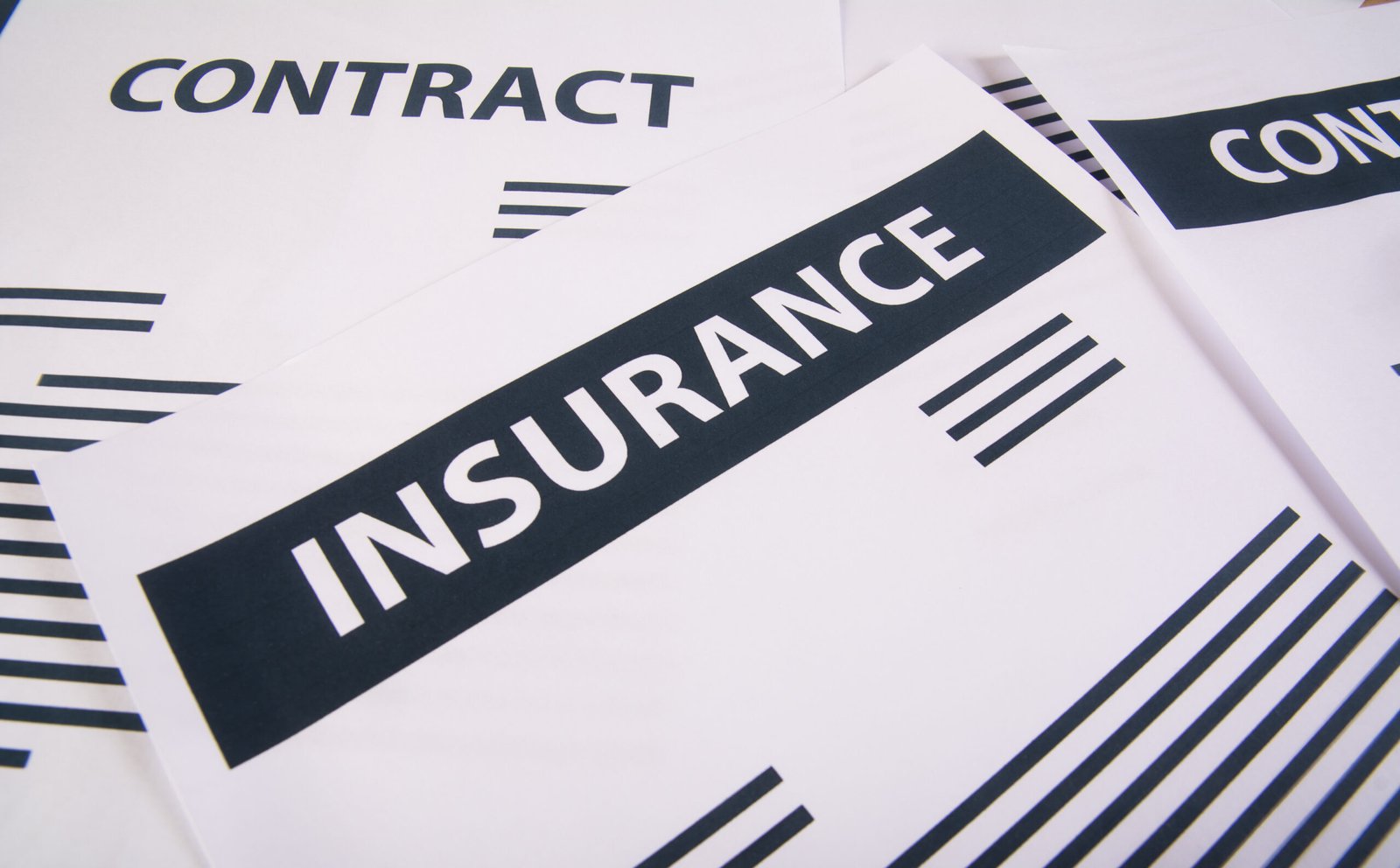When we do not know what will happen, insurance is like a safety net. The idea behind insurance, whether it is for health, life, home, or car, is always the same: defence against the unexpected. But, even though insurance is very important, there are a lot of myths about it that make it hard to understand. Let us bust some of the biggest insurance myths so you can feel better about this important part of your financial planning.
Myth 1: Having Insurance is a Waste of Money
Lots of people think that if they never make a claim on their insurance, it is just money wasted. Insurance premiums are a financial investment, but that is why they are there: to give you peace of mind and protect your finances in case something bad happens. Instead of seeing insurance as a needless cost, think of it as an investment in your future safety. As with any investment, the worth may not always be clear at first, but it is priceless when you need it the most.
Myth 2: People Who are Young and Healthy do not Need Insurance
Another common myth is that insurance is only for older people or people who already have health problems. But accidents and sickness can happen to anyone at any age. Having insurance protects you in case something goes wrong. Also, if you buy insurance when you are young and healthy, your rates will probably be lower because insurers see you as less of a danger. Not only do you protect yourself by getting insurance early, but you also lock in lower rates for the future.
Myth 3: Insurance Companies Never Pay Out on Claims
It is true that insurance companies have strict rules about which claims they will pay, but the idea that they regularly turn down valid claims is mostly false. Under the terms of the contract, insurance companies are required by law to pay out on valid claims. But it is important to know what your policy covers and what it does not cover so that you do not get any shocks when you file a claim. Another thing that can help make the claims process go more smoothly is working with a reputable insurance company.
Fourth Myth: The Cheapest Policy is the Best One
Price should not be the only thing you think about when it comes to insurance. You might save money by getting the cheapest policy at first, but it might cost you more in the long run if it does not cover enough. Instead, you should try to find a policy that strikes the right mix between cost and coverage. Get quotes from several insurance companies, look at the limits of coverage and deductibles, and find out how well the company is known for customer service and handling cases.
Myth 5: If You are Single and do not Have any Kids, You do not Need Life Insurance.
Life insurance is often thought of as a way to help dependents, like husbands and children, with their finances after you die. Life insurance can still be very important to your finances, even if you are single and do not have any kids. It can help pay for the funeral, any outstanding bills, and other costs related to the death, so your loved ones do not have to worry about money during what is already a hard time. Getting life insurance when you are young and healthy can also help you save money on your premiums.
Myth 6: All kinds of Damage are Covered by Home Insurance.
Even though homeowners insurance is important to protect your house and belongings, it is also important to know what it does not cover. Some kinds of damage, like flood and earthquake damage, are usually not covered by standard policies and need separate coverage. Also, high-value items like jewellery and art may have coverage limits that mean they need extra endorsements or a separate insurance. You can help make sure you are properly protected by regularly reviewing your insurance and talking to your insurer about the coverage you need.
Myth 7: Car Insurance Follows the Driver, not the Car
Auto insurance usually follows the car, not the driver, despite what most people think. Because of this, if someone takes your car with your permission and then gets into an accident, your insurance will usually pay for the damage. Of course, there are times when this rule does not apply, like when the driver is clearly not covered by your coverage or when they are using the car without your permission. Before you have an accident, you should make sure you fully understand the terms of your car insurance policy.
To sum up, it is important to know the truth about common insurance myths so you can make smart choices about your policy. Insurance can be hard to understand, but busting these myths can help you feel more comfortable with the process and make sure you have the safety you need for when life throws you curveballs. Do not forget that insurance is not just for protecting your things; it is also for protecting your peace of mind.
